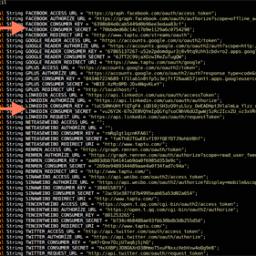Mozilla to develop New York Times' new comment/contribution system
Wow - This is big. The New York Times has selected the folks from Mozilla to develop their new comment and contribution system.
The New York Times and The Washington Post announced on Thursday that they had teamed up with Mozilla to develop a new platform that will allow them to better manage their readers' online comments and contributions. The platform will be supported by a grant of roughly $3.9 million from the John S. and James L. Knight Foundation, an organization that gives substantial money to promote journalism innovation.Looks like opportunity in many senses: a chance to rethink online commenting, a chance for Mozilla to make a buck, and a chance to put an axe in the head of "Sign into Facebook to comment" type approaches. Me, I would've recommended they install Pipecode. But hey.
Mozilla, the maker of the Firefox web browser and a nonprofit that works for open standards on the web, will help The Times and The Post build the technology for a platform tailored to news organizations. The platform, which will take approximately two years to complete, will eventually be available for other news organization to download free.
